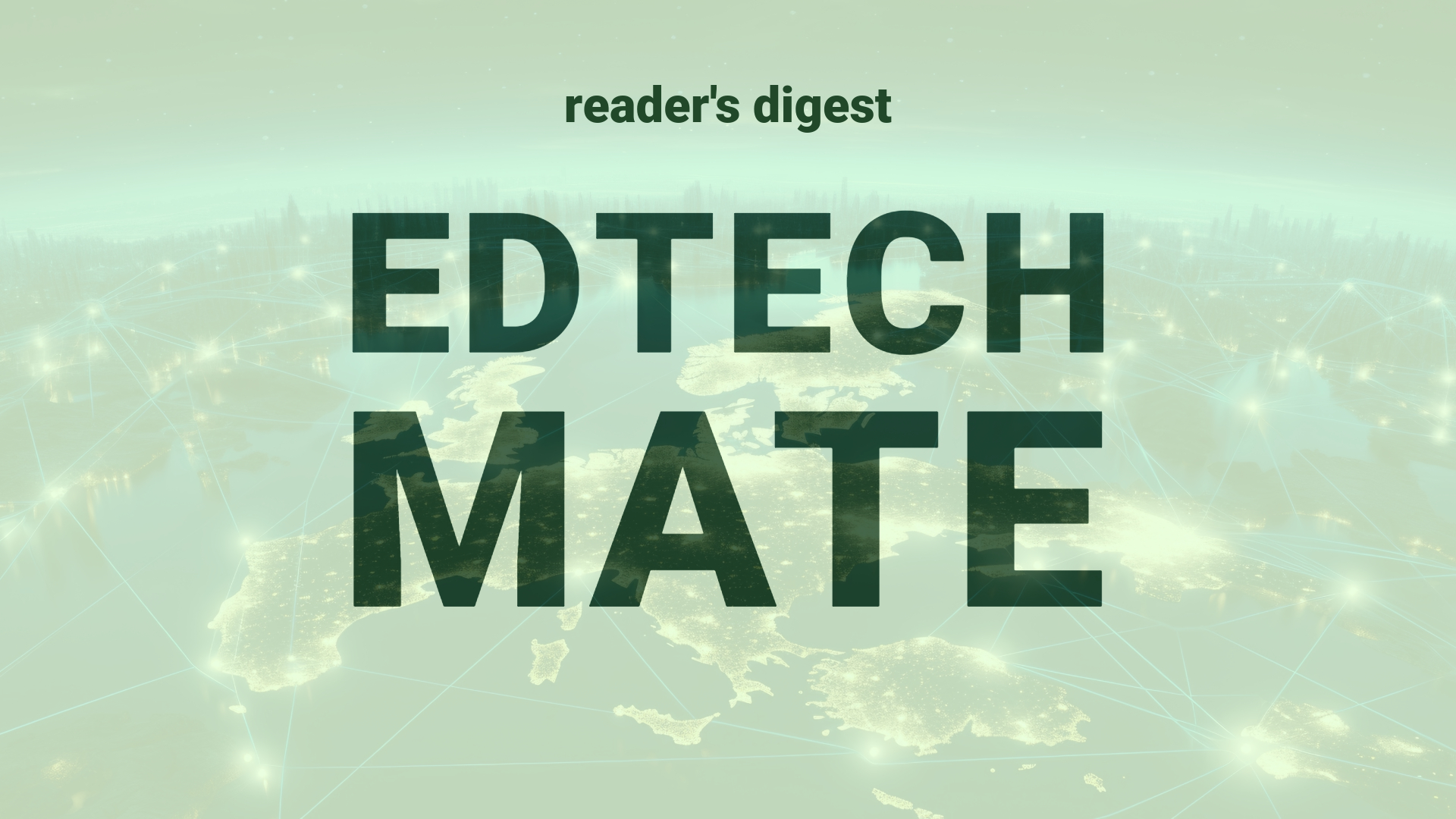“`html
Executive Summary and Main Points
The landscape of Artificial Intelligence (AI) in education briskly evolved throughout 2023, with the widespread adoption of tools like ChatGPT and DALL-E. The primary innovations span the integration of Large Language Models (LLMs) to augment academic functionalities. However, the enthusiasm for these AI capabilities is tempered by significant ethical, accuracy, and cost concerns, particularly in sensitive sectors like healthcare. LLMs face challenges in production-ready applications due to issues with robustness, fairness, and bias. Domain expertise is increasingly recognized as essential for the optimal use of AI, indicating a shift from general-purpose to domain-specific applications. Furthermore, ethical AI implementation is transitioning into standard operating procedures due to emerging legal frameworks.
Potential Impact in the Education Sector
The education sector might experience transformative changes with the integration of AI, particularly LLMs. In Further and Higher Education, domain-specific AI applications could enhance personalized learning and research capabilities. For Micro-credentials, AI tools could streamline content creation and assessment processes. Strategic partnerships between AI developers and educational institutions are vital for delivering reliable and ethically sound technologies. Digitalization, accelerated by AI, demands a balance between innovation and addressing ethical considerations to avoid compromising academic integrity and data security.
Potential Applicability in the Education Sector
AI’s potential applicability in global education systems includes personalized learning platforms, AI-powered tutoring systems, and automated grading tools. These applications must incorporate domain expertise for subject-specific content. AI can also aid in data analysis for higher education management and policy-making. Additionally, AI-driven language models can offer new methodologies in learning second languages or translating educational materials for international students, thus fostering inclusivity and widening access.
Criticism and Potential Shortfalls
The criticism around AI in education centers on the potential for unethical use, data privacy issues, and the perpetuation of biases. Comparative international case studies, such as the use of AI in evaluating student essays, raise concerns about the fairness and truthfulness of AI assessments. Culturally, the universal application of AI models may not account for localized educational values and norms, leading to a potential mismatch between technological solutions and pedagogical requirements.
Actionable Recommendations
To implement AI responsibly in global higher education, institutions should pursue strategic collaborations with AI experts to tailor applications to specific domains. These partnerships should focus on co-developing ethical guidelines and implementing AI literacy programs for educators and students. Investing in pilot projects that evaluate AI tools in real-world educational settings will provide valuable insights for scaling up successful applications. Finally, international education leadership must be proactive in setting transparent standards for AI use, ensuring accountability, and promoting equitable access across diverse learner populations.
“`
Source article: https://www.cio.com/article/2069466/the-rocky-road-ahead-for-ai.html

